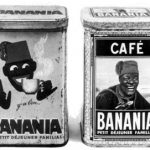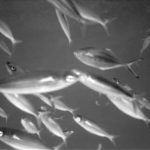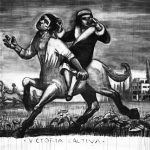Anti-Revolutionary Republicanism: Claude Lefort’s Machiavelli
Anti-revolutionary republicanism Claude Lefort’s Machiavelli Knox peden existing socialism in the Soviet Union and Eastern Europe, but with what he viewed as the authoritarian style of left politics more generally. Disillusion with Trotskyism followed, as did a more general rejection of the party form and the revolutionary agenda. If the last years of Merleau-Ponty’s career […]







